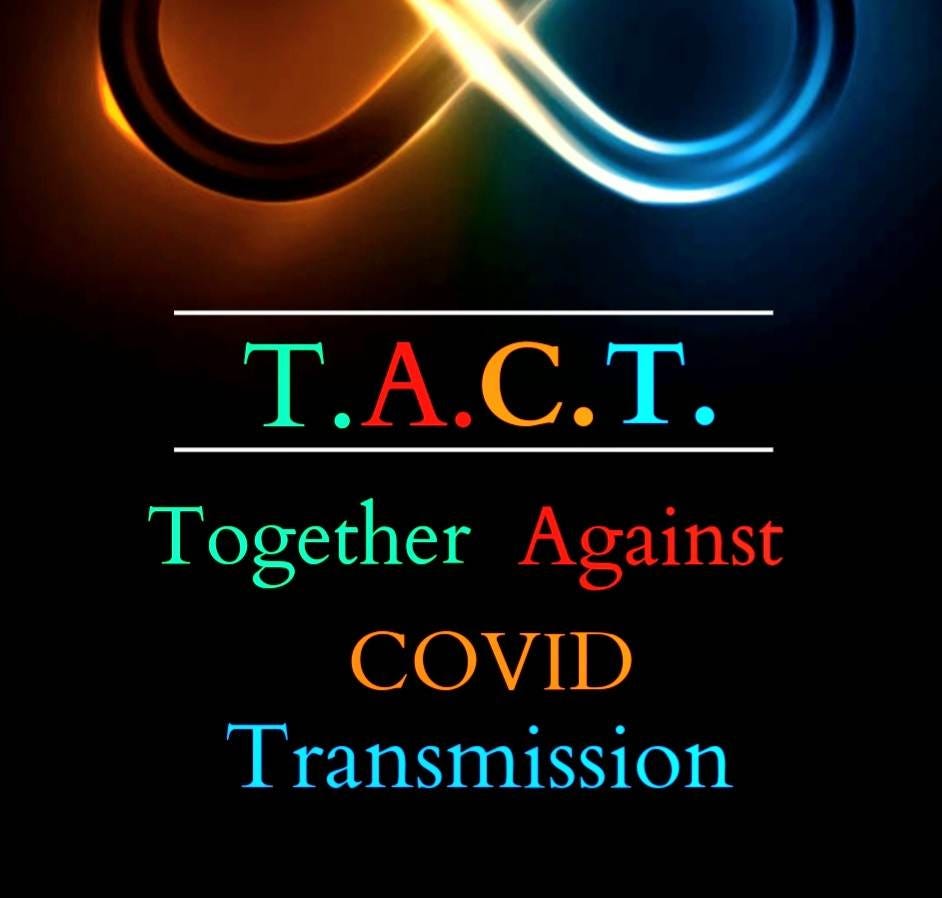Long COVID in Children: Compromised Immunity and Diminished Quality of Life
The Role of Neutrophils in Lingering COVID Symptoms and Immune Dysfunction
Long COVID, or post-acute sequelae of SARS-CoV-2 infection (PASC), remains a significant challenge in understanding the long-term impact of COVID-19, particularly in children. A recent study published in Nature Communications sheds additional light on the persistence of symptoms, quality of life impairment, and potential biological mechanisms associated with Long COVID in children. Let’s dive into the key findings and their implications.
Key Findings
Persistence of Symptoms
The study revealed that Long COVID symptoms in children can persist and even evolve over time:
51% of children in the LCS group experienced symptoms that continued from their acute infection.
38% developed new symptoms within the first three months after infection.
After more than three months, 11% began suffering from persisting symptoms.
These findings underline the dynamic nature of Long COVID in children and the importance of long-term monitoring.
Most Common Symptoms
Children in the Long COVID group exhibited a range of symptoms, significantly different from those in the uninfected group:
Long COVID Group: Persistent fatigue (69%), loss of interest or pleasure (52%), and trouble concentrating (51.2%).
Convalescent (Post Acute Infection) Control Group: Anxiety (34.4%), forgetfulness (21.9%), and trouble concentrating (21.8%).
The study notes that every cardiovascular symptom was significantly more common in children with Long COVID than in the convalescent group. This suggests distinct and potentially more severe physiological impacts on a significant portion of children.

Impaired Quality of Life
The study highlighted significant quality of life (QoL) impairments in children with Long COVID:
Long COVID affected everyday functions like learning, social interactions, and experiencing new things.
Even children in the convalescent and uninfected groups showed slight QoL impairments, likely due to the pandemic's broader psychological effects.
By isolating changes that occurred since the acute infection, the researchers found that children with Long COVID experienced significantly worse quality of life than their healthy counterparts, suggesting these impairments are tied to the illness itself rather than external factors.
Potential Biological Mechanisms
The study explored the connection between Long COVID severity and neutrophil dysfunction. Neutrophils are the most abundant type of white blood cell (WBC) in the human immune system and play a critical role in the body's defense against infections. They make up between 50% to 70% of total white blood cells in a healthy individual.
This study suggested neutrophil dysfunction might play a pathological role in Long COVID in kids.
The severity of symptoms correlated with lower production of stimulated superoxide and IL-8 by neutrophils.
There was no significant differences found in symptom severity between boys and girls or vaccinated and unvaccinated children.
Broader Implications
The researchers speculated that cellular dysfunction observed in Long COVID might predispose children to:
Reactivations of latent viruses like Epstein-Barr Virus (EBV) and HHV6.
Frequent infections, such as Streptococcal tonsillitis and upper respiratory tract infections.
Greater vulnerability to severe seasonal illnesses like influenza and RSV.
These findings suggest that Long COVID could have far-reaching effects on children's immune systems, making them more susceptible to other health challenges.
What This Means for Future Research and Care
The study emphasizes the need for:
Longitudinal Studies: Continued research into the biological mechanisms underlying Long COVID in children, particularly viral persistence and as this study highlights, neutrophil dysfunction.
Targeted Interventions: Developing diagnostic tools and treatments that address viral persistence and immune system dysregulation.
Holistic Care: Supporting children with Long COVID through multi-disciplinary approaches that address physical, emotional, and cognitive impairments.
Conclusion This study offers critical insights into the lingering effects of COVID-19 in children, emphasizing the need for awareness, early diagnosis, and comprehensive care strategies. By unraveling the complex interplay of symptoms, immune responses, and quality of life impairments, we take a step closer to understanding and managing Long COVID.
Stay tuned as we follow new developments in this area and continue to advocate for evidence-based care for children and families affected by Long COVID.
Reference: For more details, you can read the full study here.
For more info on other aspects of how COVID impacts childrens immune system, be sure to read this.







Not sure what this is, influenza, covid, pneumonia, etc...but I wonder if it is coming here?
https://x.com/CovidSolidarit1/status/1864389871751594120
Is your U.K vs U.S. coronavirus model performing similarly this winter season compared to last winter season? This season seems a little atypical.